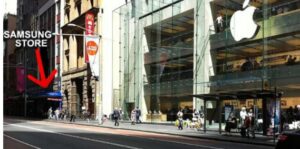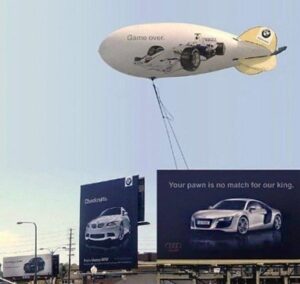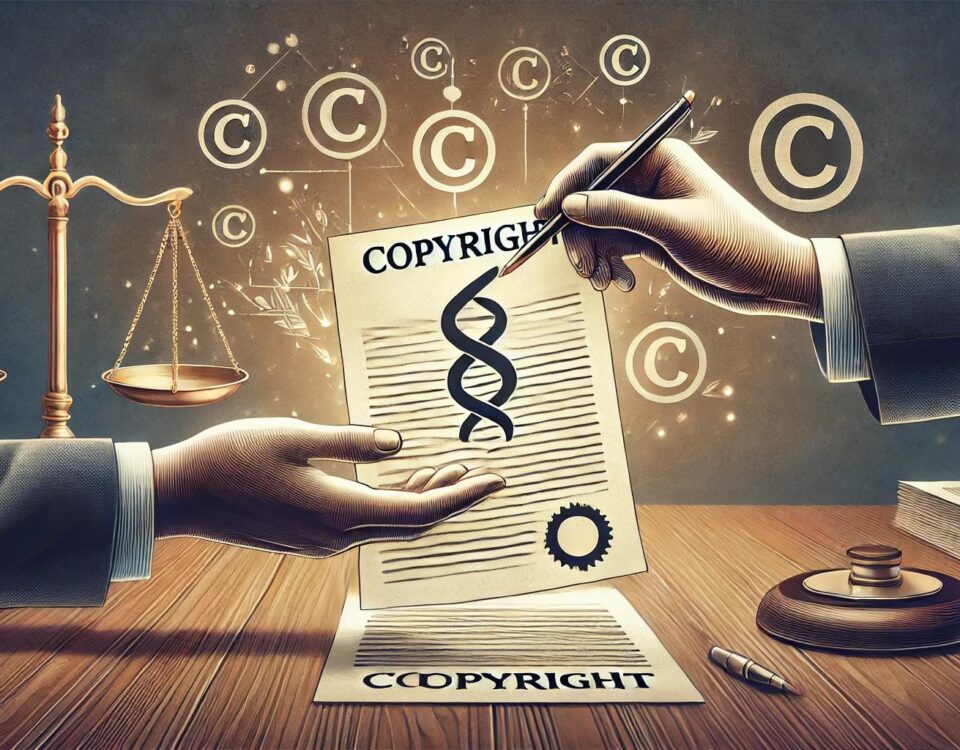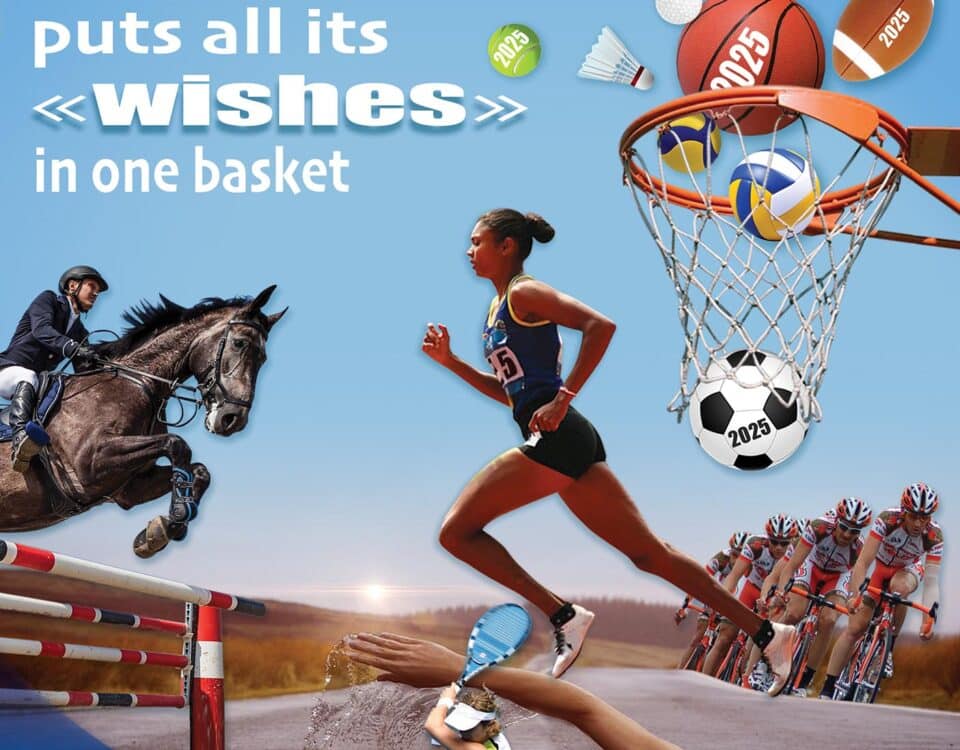
The popularity of non-foodstuffs Geographical Indications is growing!
February 23, 2024
Spring cleaning for Décathlon
March 15, 2024
The French Open (Roland-Garros) doesn’t start until May, and the French Tennis Federation is already recruiting a legal expert to, among other things, combat ambush marketing.
This type of marketing, balanced between provocation and illegality, consists of a company associating its image with the notoriety of a major official event (often sporting: Olympics, Football World Cup…) or with a competitor’s massive advertising campaign, without authorization, without paying the rights to the event’s official sponsorship, or without paying for such a massive advertising campaign. In short: to position itself in the wake of a well-known event to benefit from the advertising spin-offs without paying for them, associate itself with a high-profile event loved by consumers, and create confusion or even supplant the official sponsor in consumers’ minds.
Examples:
– The American Express card, which, prior to the 1992 Barcelona Olympics, broadcast its slogan “To go to Spain, you need a passport but not a Visa“, in response to its competitor Visa, official sponsor of the Olympics, which had given it a rough time in advertising during the previous Olympics in Albertville.
– The DIM lingerie group, which placed groups of female supporters (un)dressed by the brand in the stands of the 2007 Rugby World Cup, filmed by the cameras broadcasting the Cup to 14.5 million television viewers. Unlike the latter, the International Rugby Board moderately approved.
– Usain BOLT who sported his golden Puma shoes at the 2016 Olympics, even though the official sponsor of the Games was Nike. A free campaign for Puma on social networks (sponsorship ambush).

– In 2011, Apple launched its iPhone 4S, eagerly awaited by fans. Samsung immediately built a pop-up store next to the Apple store in Sydney (Australia).
– The chess game played by German manufacturers AUDI and BMW on urban billboards in Los Angeles (USA): the result was an advertising success for both companies and maximum buzz, with Internet users participating via social networks:
| Audi tickles:
|
Then boosts…
|
|
| BMW checkmates
|
And puts a final “game over” via its Formula 1:
|
Game limits:
• Ambush marketing must not directly attack the rights of the event’s organizers and sponsors.
• It must not use related words such as Sponsor, Partner, Supporter, or trademarks, symbols or terms linked to the event.
In 2014, Le Coq Sportif paid €100,000 in damages to the Olympic Committee for presenting “Joakim Noah 3.0 Le rêve olympique” (Joakim Noah 3.0 The olympic dream) sneakers at the 2012 Olympic Games, with soles bearing the colors of the Olympic rings.
• It must not offer the public any gifts or tickets for the event.
• He must refer to the event only as a public event, a news, media or historical fact that everyone has heard about.
In 2008, during the Six Nations Championship, Italian manufacturer Fiat ran an advert for the Fiat 500 with the message “France 13-England 24, The Fiat 500 congratulates England on their victory and looks forward to seeing the French team on March 9 for France-Italy“. In 2014, French judges disagreed with the French Rugby Federation, ruling that the advertisement simply reproduced a current sporting result and announced a future match (i.e. public, non-appropriable information), and that Fiat was not directly exploiting the event in an illicit manner.
• It must respect the specific rights of sports organizers:
- The CNOSF enjoys protection for all Olympic signs and emblems (including the motto, anthem…) and terms such as OJ, olympics/olympism or, gold medal… during the 29 days of the Olympic Games, in accordance with article L. 141-5 of the French Sports Code and “Rule 40″ of the Olympic Charter. In addition, the CIO and the National Committees often ask host countries to adopt local regulations sanctioning any ambush marketing before and during the Olympics; all in all, a “lex sportiva” that may appear abusive, protecting descriptive words that would not be protected by trademark law, and depriving athletes of their rights linked to their sponsors outside the Olympics.
- In France, sports event organizers have a specific property right under article L. 333-1 of the French Sports Code, giving them a monopoly on the use of photographs, videos, ticketing, accommodation, games and betting, etc. They must avoid parasitism (e.g., the use of the name of the event).
• It must avoid parasitism (article 1240 of the French Civil Code), which is the most relevant basis for combating ambush marketing, where the ambusher effectively seeks to follow in the footsteps of a third party in order to profit, without spending anything, from their investments or reputation. Parasitism, however, requires proof of fault, damage and a causal link between the two.
The courts generally assess each case of ambush marketing by weighing up the economic interests of the organizers and their sponsors on the one hand, and the freedom of expression or trade enjoyed by every business on the other.
– Sylvie BOYER, Paralegal at Mark & Law







